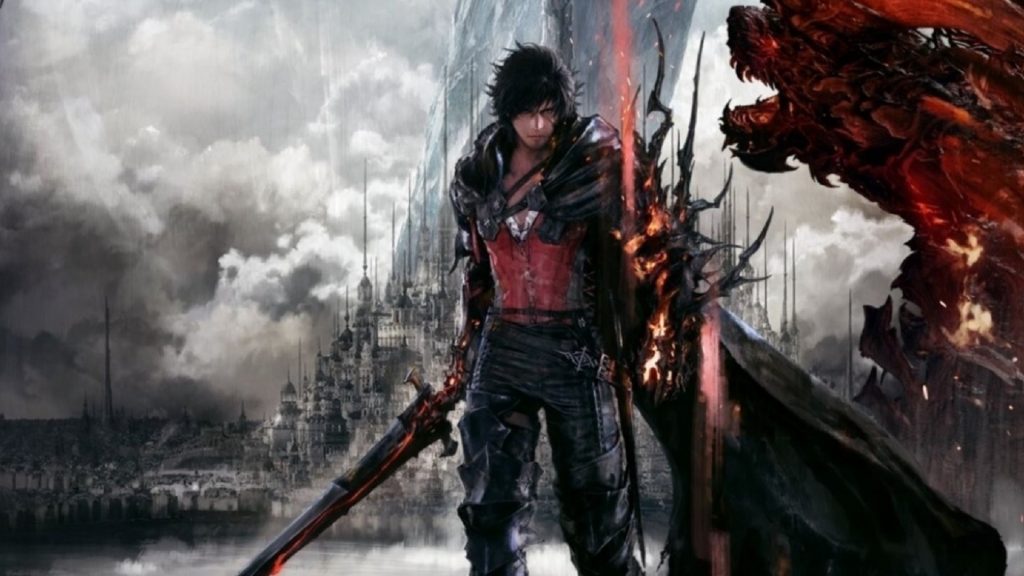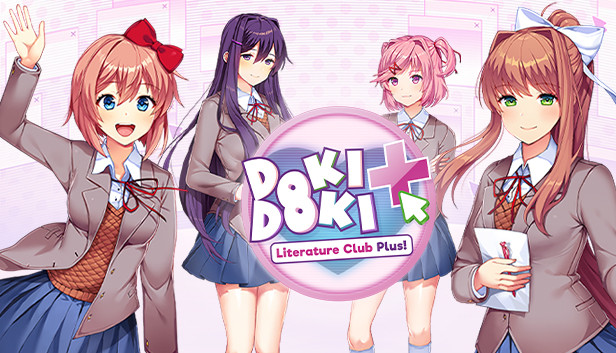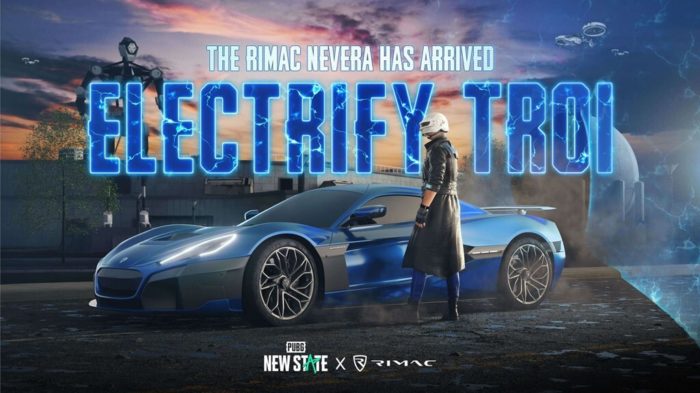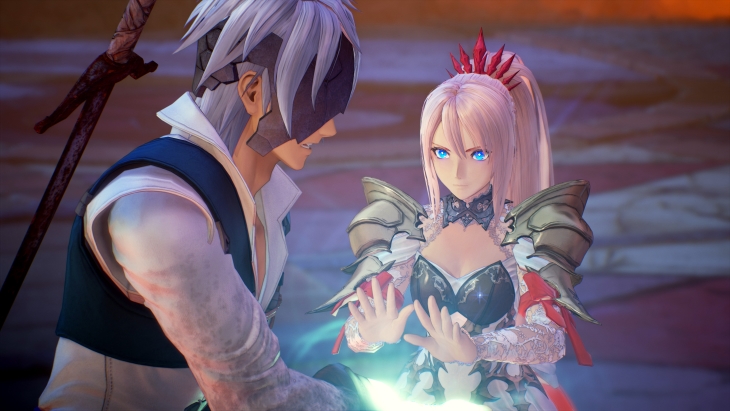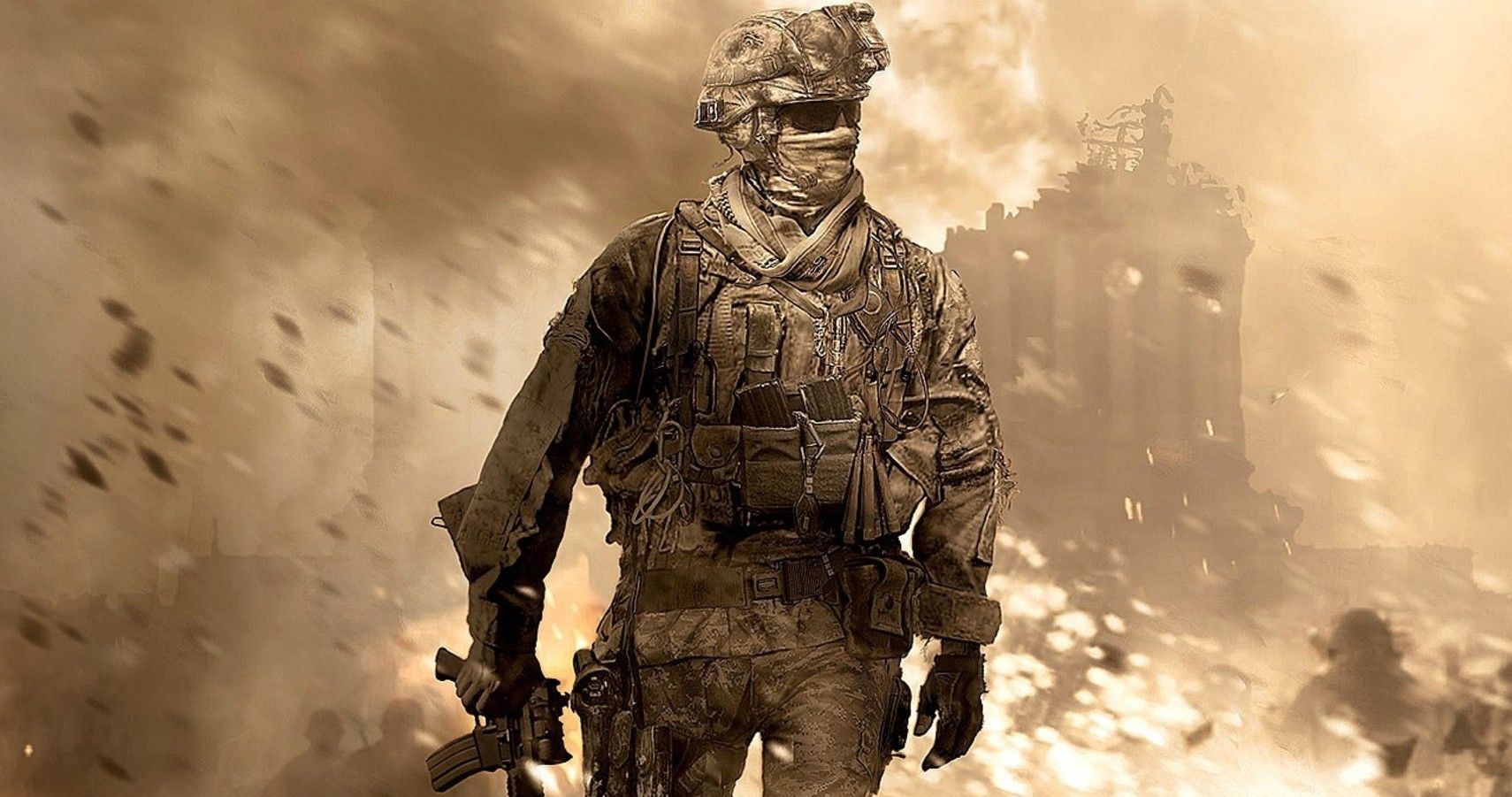
You’d think the digital future would help make the world of gaming more inclusive than ever. Modern consoles like the PS5 and Xbox Series X have the potential to place thousands of games at our fingertips, spanning generations of creators who have put their blood, sweat, and tears into providing iconic experiences from all kinds of genres. Sadly, the truth is far more bittersweet. Unless you’re a little naughty and decide to emulate older platforms, a number of classics remain downright inaccessible to a contemporary audience.
I can’t discount Microsoft’s efforts when it comes to backwards compatibility. While the library remains limited, the company has done a wonderful job to ensure that a selection of the most popular original Xbox and Xbox 360 titles are playable on its new consoles. If you own a physical copy, you can simply slide it right in and enjoy it natively with no compromises. In fact, the majority of games play and look better than ever due to the hardware pushing it further than before, while in some cases developers have even stepped in to add a few additional bells and whistles.
Related: The Owl House Just Had Its Gayest Episode Yet
It’s a good natured move that not only benefits the consumer, but directly contributes to the medium’s overall preservation. This past year I’ve spent countless nights on Modern Warfare 2 because it runs perfectly on the Xbox Series X. This wouldn’t be possible without backwards compatibility, and neither would diving into other classics that would remain confined to their original hardware if Microsoft hadn’t stepped up to the plate and decided that its history was worth updating for new audiences.
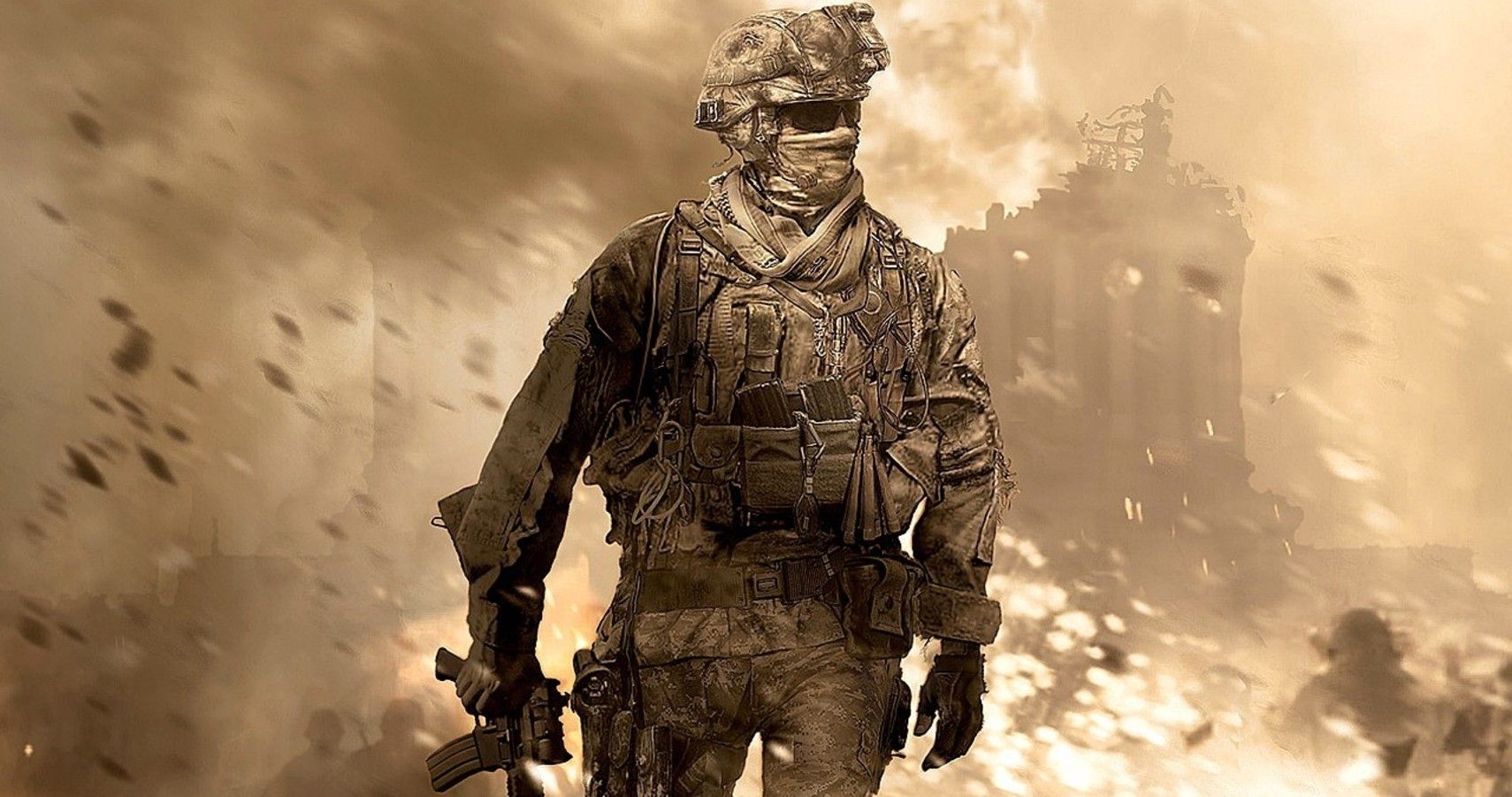
Most older films, television shows, and music are instantly accessible thanks to streaming services nowadays, but the same can’t be said for games, many of which are bound by the whims of capitalism or companies who would rather remaster classics for an inflated price rather than make them readily available in their original form. Yes, I’m obviously talking about Nintendo. The masters behind Mario, Zelda, and countless other enduring icons could be an untouchable bastion for video game preservation, and in the past it has been thanks to the Virtual Console that countless games across archaic platforms received a new lease of life at affordable prices.
It was a welcome strategy, and one that lasted several generations until it came to an unsuspecting halt with the Nintendo Switch. The console’s online service grants you access to a growing selection of games for the Nintendo Entertainment System, but you don’t own them, they’re just a nifty little bonus you can dive into as long as your online subscription remains active. Fail to make a payment or decide to abandon your membership and these games cease to exist. While having dozens of these classics in the palm of my hand is still wonderful, knowing they’re being treated as a passing novelty discounts the legacy they represent, and newcomers will view them as little more than a brief distraction before playing their real games.
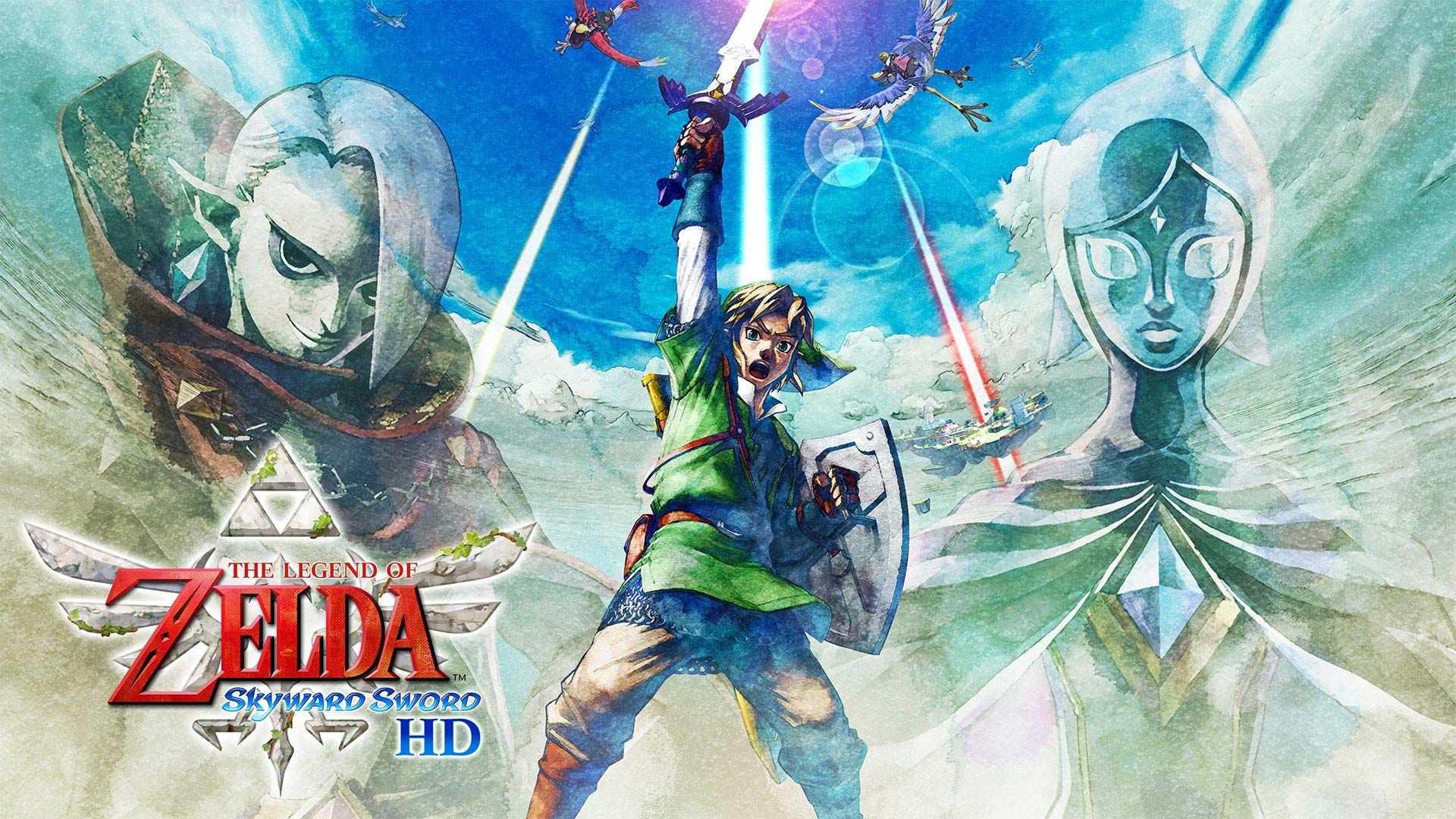
Obviously I’m not a grumpy old bitch demanding that all of the zoomers start playing games from several decades ago. Them being viewed as archaic and inaccessible compared to new experiences is perfectly understandable, but it feels like Nintendo isn’t willing to give games a chance, even if they’d likely be warmly received by a massive audience. It doesn’t just stop with the NES or SNES either. The GameCube, Nintendo 64, Wii, DS, and 3DS are filled with wonderful exclusives that are being increasingly lost to time. Cartridges, discs, and console hardware won’t last forever, so it’s vitally important that the companies that helped craft such games are willing to preserve them wherever possible. In some cases, the source code has been lost, and thus we’ll have to mourn games that can’t be restored – but if the resources are there to bring these games back into the limelight, it feels disrespectful to ignore them completely.
I don’t see the tide changing for Nintendo, especially when fans are willing to pay £50 for remasters of Super Mario Galaxy and The Legend of Zelda: Skyward Sword. There is no reason to revisit old hardware or native emulation when reissuing games is more economically fruitful. The fact I understand this reasoning is all the more heartbreaking, because it means that some of my favourite games growing up won’t be available to those who deserve to experience them, to discover where this medium learned some of its most creative tricks before continually building upon this innovation to craft the experiences we know and love today.
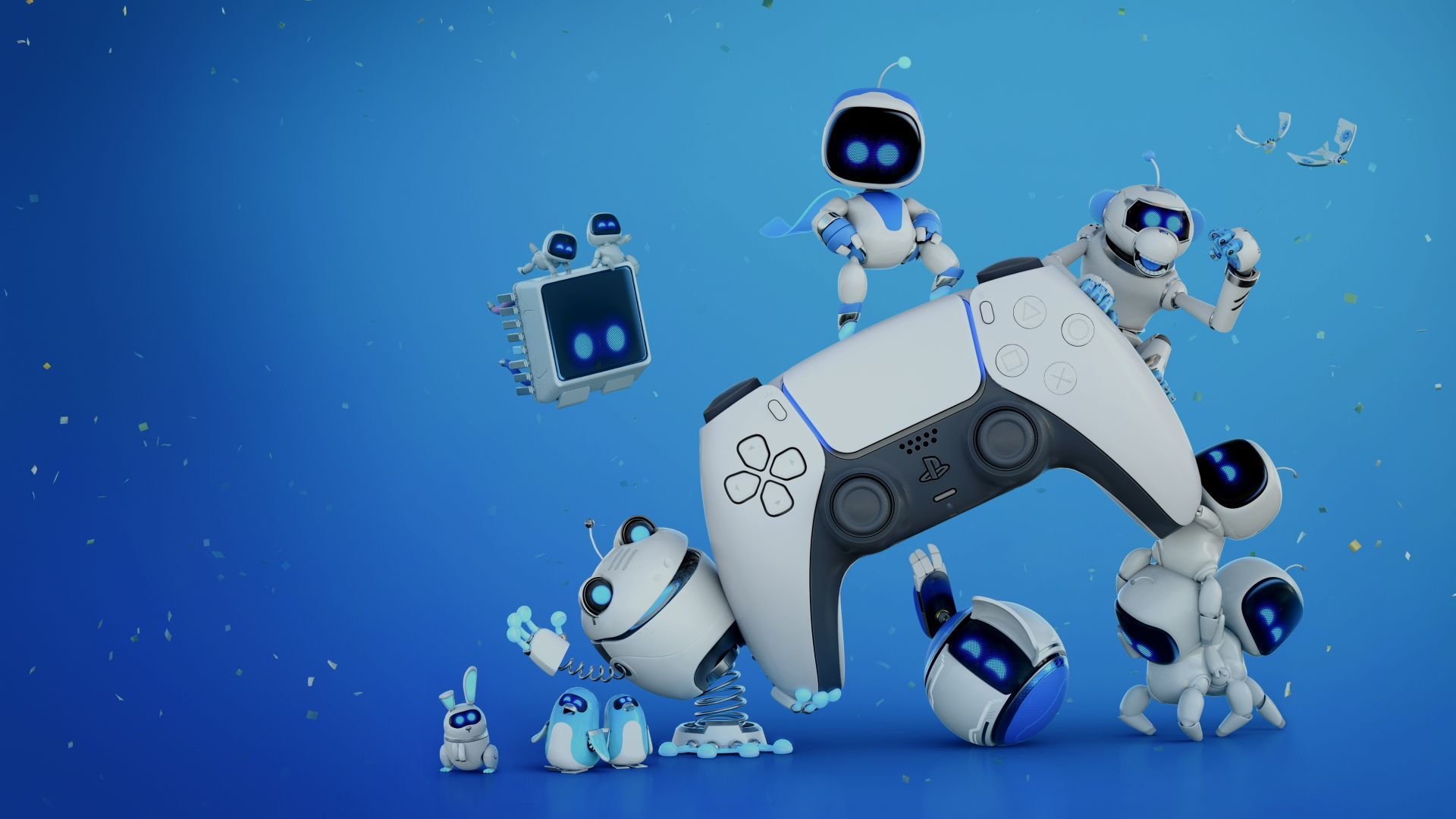
Nintendo isn’t the only culprit either, Sony doesn’t want to play nice with emulation or backwards compatibility either. Full PS4 support feels a little too recent to cut it any slack, and there’s only a select number of PS2 classics available on the PlayStation Store with no new additions cropping up for several years. There’s an untapped legacy here that is being left to rot, with Astro’s Playroom only serving to highlight all of the timeless exclusives we have no way of playing right now. Expecting someone to buy an ageing PS2 on eBay alongside a selection of pre-owned games to play some of the best games ever made is not reasonable, and showcases a fundamental problem with this industry.
We either emulate, track down increasingly sparse native hardware, or pray for a remaster. None of these are an ideal path forward, and with Microsoft proving that methods of backwards compatibility can be built into modern consoles with the right technical knowledge, charging silly amounts for remasters and remaining coy on the prospect of emulation doesn't feel like an excuse anymore. Sony and Nintendo could charge for each old game they release onto their current consoles and nobody would complain.
By ignoring the ongoing thirst for older games, companies like Nintendo and Sony are only forcing themselves further and further into a reputation that goes against the artistic recognition that gaming is so desperate to adopt. A failure to acknowledge the medium’s history is a death knell for legitimacy, and it has to be avoided.
Next: Zelda's New Haircut Isn't Just A Fashion Statement, It's A Sign Of Growth
